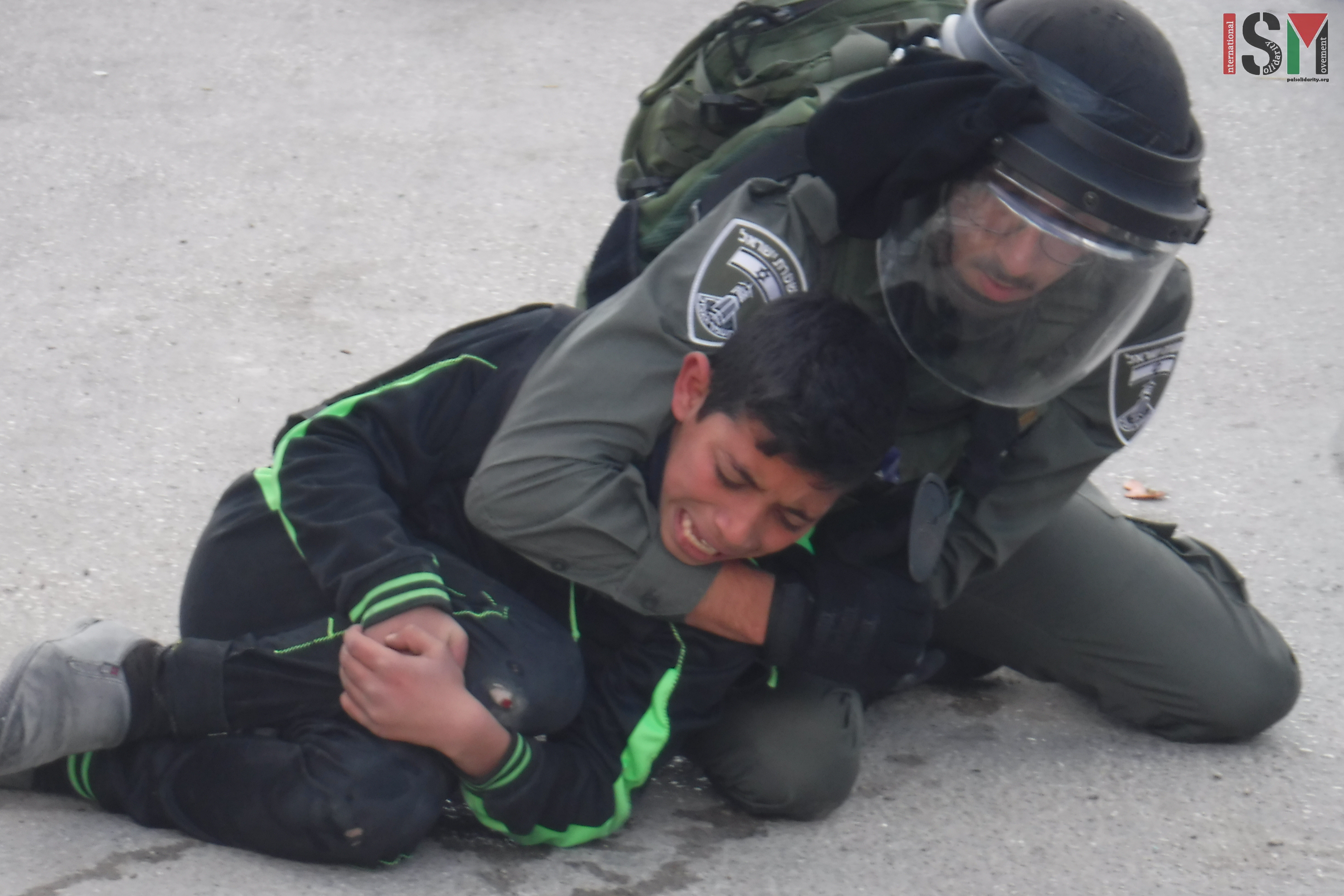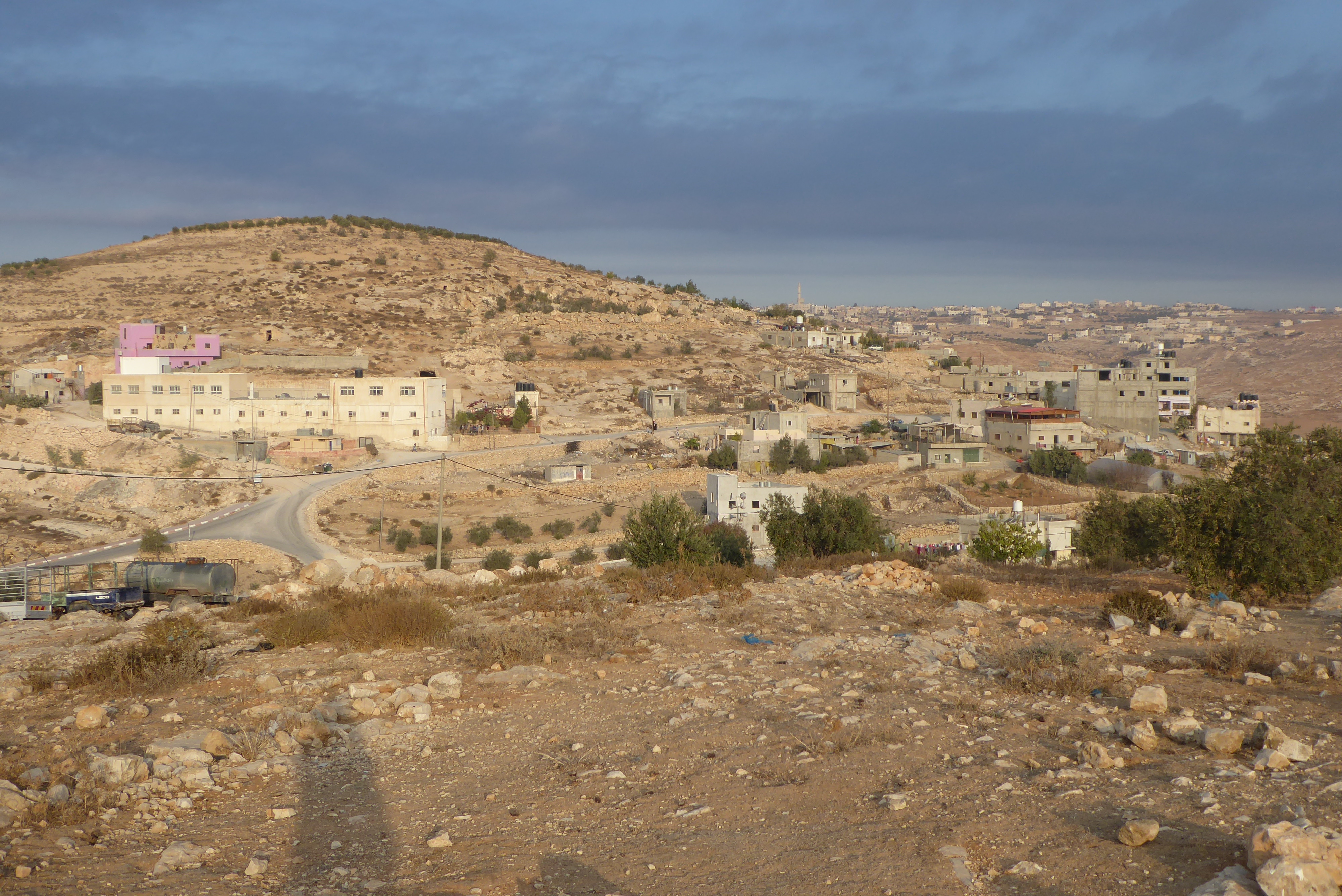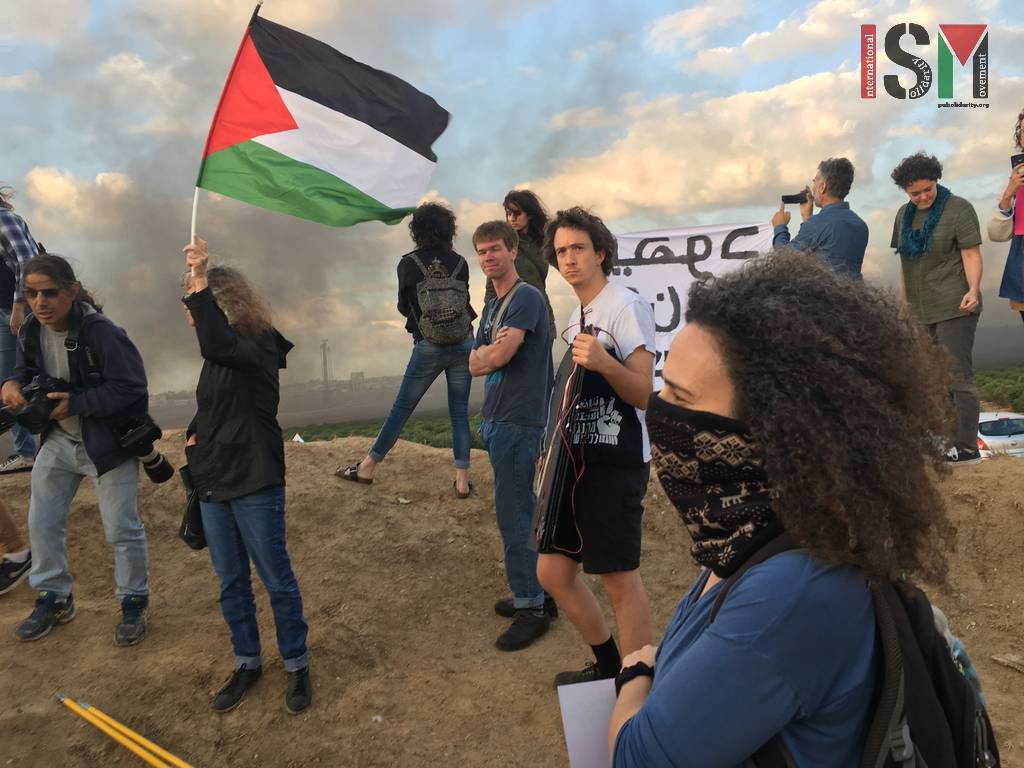Category: Journals
-

After School in Hebron, A Journal – 6 boys detained by Israeli forces in 2 Days
5th December 2018 | International Solidarity Movement, Al-Khalil Team | Hebron, occupied Palestine [Updated December 6] For two days running, Israeli occupation soldiers and Border Police ambushed young children aged 10-14 years after school in Hebron. Tuesday, 24thDec. 2 boys were detained at Salaymeh checkpoint after being ambushed by a group of soldiers sneaking around…
-

Welcome to At-Tuwani
It was 7am when we woke up after a night under the stars, in the village of At-Tuwani, surrounded by arid hills and olive groves. It’s the kind of place you’d want to sightsee, or drink tea with the locals, admire the work of weaving and embroidery by the women of the village. But few…
-

2 realities
29st October 2018 | International Solidarity Movement, Ramallah Team | Gaza, occupied Palestine Last Friday, nearly fifty Israeli and ISM protestors demonstrated at the Gaza Border in solidarity with nearly 15,000 Gaza protestors heading toward the border. This action was in conjunction with the weekly Right of Return March. As the activists were confronted by…
